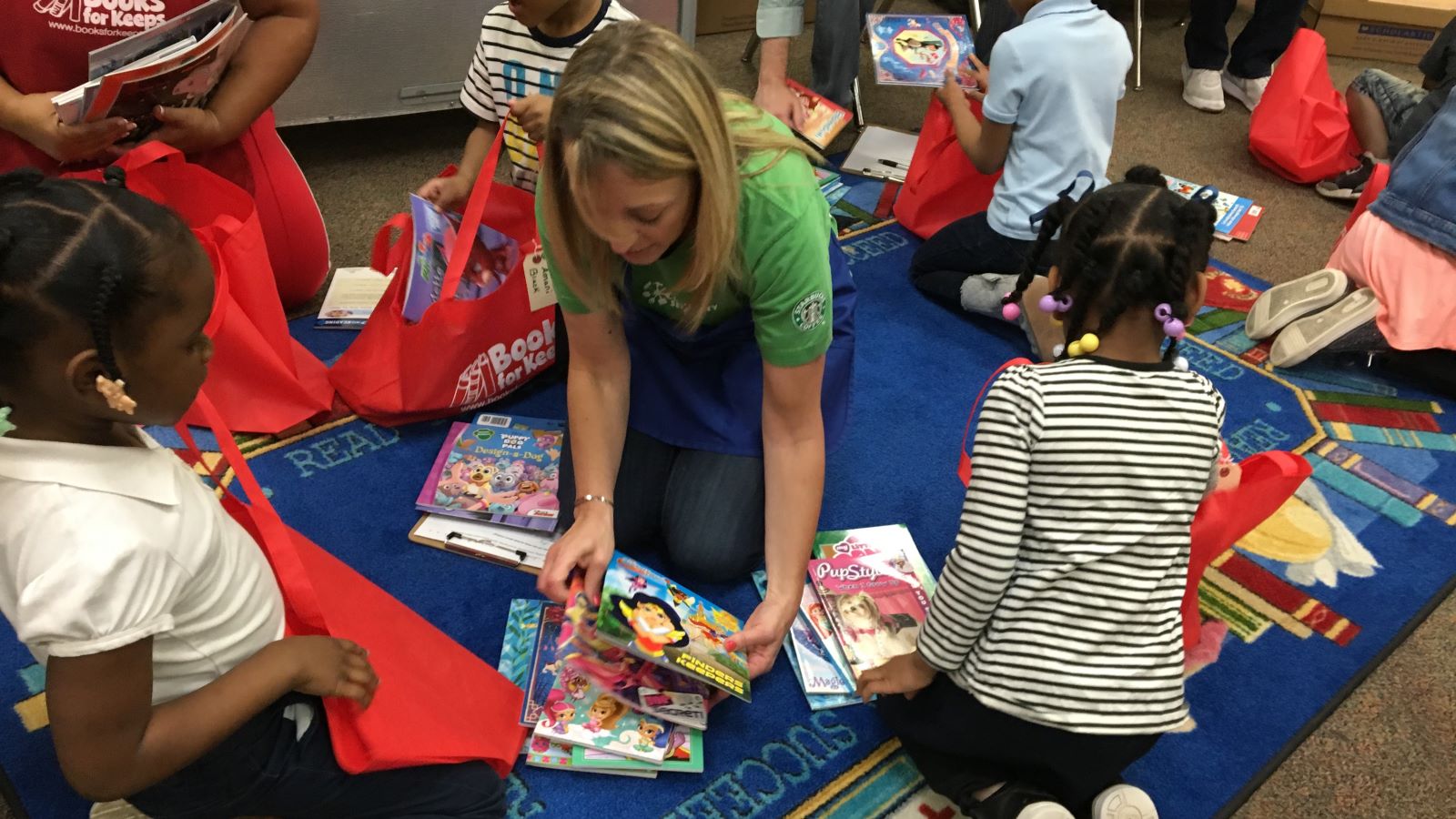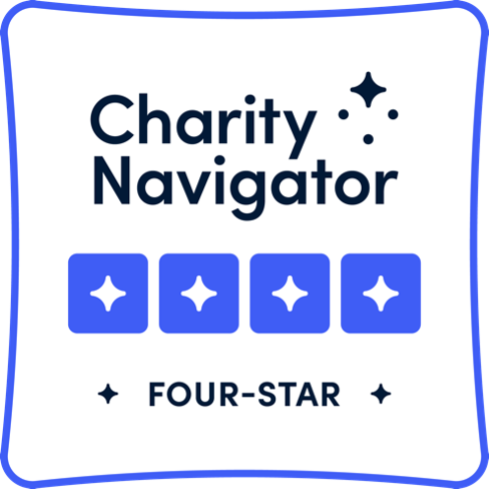This story was originally published on Nov. 20, 2018, and it has been updated as of March 31, 2021.
It takes a village to raise a child.
It’s an old adage that we all know. The relationships we build with our family, churches, schools and other community organizations are what shapes each of our lives.
These relationships are crucial to our survival and an important piece of a thriving community.
In the same way, nonprofit organizations need to work alongside partners in order to help communities thrive — those partnerships are key.
United Way of Greater Atlanta has made “game-changing” efforts to help the “whole family” in the Mechanicsville Community of southwest Atlanta.
“I think of the example of the Dunbar Learning [Complex] campus as being a campus that really addresses the whole family,” says Blythe Robinson, president and CEO of Sheltering Arms/Educare Center. “This is a wonderful example of true collaboration. When you’re thinking about Child Well-Being measures, this is a great example of working together to address all of those areas.”
United Way of Greater Atlanta identified during its last strategic planning meeting that children across Greater Atlanta’s 13 counties were handed a disadvantage based on the zip code where they were born.
These places had access to fewer resources, graduation rates in schools suffered and this caused a ripple effect that could be felt for generations.
So, they looked at ways to reverse this, and born out of this meeting was the Child Well-Being Index, which took 14 different child, community and family measures to determine a CWB score for your zip code. The CWB heat map ranged from green to red—red was on the low-scoring end of the spectrum. The mission then became clear, and United Way knew in order to help children they had to make best of their efforts. Since that first data was released in 2016, United Way has seen an improvement in the lives of more than 82,000 children living in areas of low or very low child well-being. The region has improved its overall Child Well Being Score from 58.9 to 61.8.
Helping these children in Greater Atlanta become strong learners is crucial to the success of a community. We know that every child, regardless of race or zip code, deserves the same support and opportunities, and every life we change will go on to change the lives of countless others. When we work together—pooling our resources, our time and energy—our community impact grows exponentially. United, we can do more for our community. This is important work—work that is never over.
The community that houses the Dunbar Learning Complex presented this opportunity to hit all three of these measures. United Way could leverage its dollars in order to feed into the Sheltering Arms/Educare Center, which would indirectly feed into Paul Laurence Dunbar Elementary School. They also provide funding for the Center for Working Families, which is near the campus and provides a place for parents of children attending these schools to potentially look for ways to secure family-supporting jobs.
United Way, the Joseph B. Whitehead Foundation and other foundation partners were significant contributors to the building of the Educare Center currently at the Dunbar complex, creating the capital improvements that facilitated this collaboration.
“United Way has been a supporter of ours for many, many years, well before any of us were born,” Robinson says. “When I think about leveraging resources and leveraging dollars with United Way as a funder of our organization, it’s really those investments that are game changing to move the needle for a community by addressing the whole family.”
Sheltering Arms is a year-round early learning program for children 6-weeks-old to 5. There are 13 total centers across the Greater Atlanta area. According to Sheltering Arms, they provide high-quality early education and family support services to more than 3,000 children, from 6 weeks to 5 years of age, and their families with world-class early learning, care and family support at locations in Cobb, DeKalb, Douglas, Fulton and Gwinnett counties.
Sixty-eight percent of the children belonged to families with single-parent incomes, according to Sheltering Arms’ 2017 annual report, and 50 percent of those families live below the federal poverty line.
Robinson said early learning education looks different for children of different ages.
“Early learning is something that can happen with all of the children we serve,” she says. “With our very youngest children, it is a lot about talking to them and engaging with them through play and sounds.”
Each of the centers follow a research-based creative curriculum geared toward these early learning-aged children, Robinson says.
“We incorporate appropriate activities within those classrooms,” she says. “Our 2-year-olds may have a time for pretend and dramatic play. They learn concepts around numbers and counting and letters and reading and writing. What’s really important about childhood education is that the children are engaging with the teacher and students throughout their day.”
They take those skills they learn at Sheltering Arms with them as they advance up the road to Paul L. Dunbar Elementary School next door.
Ernest Sessoms is principal of Dunbar Elementary School. Sessoms came to Dunbar from Boyd Elementary School where he served previously as vice principal.
He was drawn to the school because of the established success left behind by the previous administration.
“I wanted to be cognizant of the audience, and of what a parent’s background may be,” Sessoms said. “The achievement level was already pretty high. They were making good shifts and I just wanted to continue that growth.”
The students’ quality of life was improving, and this directly impacted the school’s success, Sessoms says. He credited the work of Sheltering Arms and United Way as a partner agency for aiding in improvement.
“With Sheltering Arms and programs like it, the kids are coming to kindergarten prepared,” Sessoms says. “That’s the tip of the iceberg where they are able to come in and compete with a stronger vocabulary and understanding of basic skills. It can be hard for students to come to school as a blank slate. Sheltering Arms is doing a great job with those students.”
Sessoms said students are coming to Dunbar equipped with a better understanding of spoken language and social skills.
“We provide children with things they need to be prepared for school,” Robinson says. “We are intentional and focused.”
Sessoms called the partnership with Sheltering Arms something “unique” and “really refreshing.” Having the support and connection with Sheltering Arms has been a “win-win situation.”
As a philanthropic partner, United Way leverages dollars to invest in this community and help provide a better future for these children through these schools and their families through investments at the Center for Working Families.
The effects in the community well-being can already be seen, Sessoms says.
“We’re getting some positive feedback with things from [parents],” Sessoms says. “We have so many partners that work with Dunbar and support us. We can see the support for the kids and the community they live in. It’s what all schools should have. A community should be invested in the school, and I’m excited about that.
“I’ve gained so much love for this community. They are coming from humble beginnings, but they have so much potential. I can see that on their faces——the way they think, ask questions and interact. I know they can go on to some great places, all they need is a little assistance.”
When we Unite for More, everyone can climb. Work this important is never over or done alone. Can children, families and Greater Atlanta communities count on you? Unite for more today.





